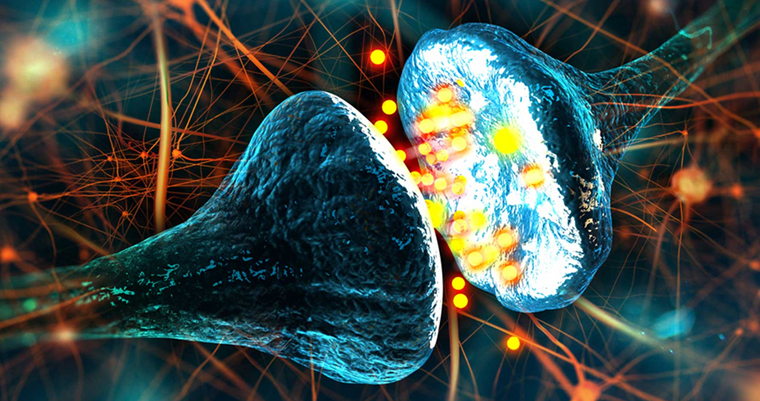
Understanding of brain physiology has increased enormously in recent years, yielding answers about mapping, the role of various structures such as the neo-cortex, amygdala, corpus collosum, and so forth. Moreover, though we now know how various structures relate to processing new and retaining older memory, evaluating options and forming conclusions, one fundamental question remains unanswered, namely the origin of consciousness.
For many in the scientific community, the answer is emergence, which is to say the phenomenon of consciousness spontaneously arises as the result of the coming together of the various component physical structures of the brain. Emergence implies that consciousness is an outgrowth of complexity, an effect dependent upon specific brain architecture and processing capabilities.
However, an alternative though scientifically less popular view of consciousness is that it is not emergent, but rather an underlying and inherent force that primordially exists within the matrix of existence. This scenario implies an ever-present, all-pervading source of information and organization upon which all biological entities are built; consciousness itself merely the ultimate expression of this source.
Consciousness ranges from the simple act of having awareness of the surrounding environment and responding to it – behavior found in earthworms – to self-consciousness, a recursive form of abstract conceptualization that results in the experience of “I am.” It is this latter form of higher consciousness that is the subject of so much scientific interest.
Clearly, if an emergent explanation for organic consciousness of this latter type is forthcoming, science will look for ways to apply that knowledge to non-organic systems, hoping to replicate higher consciousness within non-living machines. Human brain structures are very small indeed, and the interconnections nearly uncountable. At the same time, quantum computing is already being tested, and due to the nearly infinitely small scale of quantum mechanics, approaching the processing and interconnectedness scale of the human brain may in fact be possible. Like the sentient HAL 9000 computer in 2001: A Space Odyssey, emergent consciousness could manifest.
This issue raises moral and ethical problems. None of us want to face a “Terminator” scenario wherein machines decide to send humans on our merry way. At the same time, if a machine achieves higher consciousness, are we then morally bound to respect it? Is conscious “hardware” any less “alive” than conscious “wet ware?”
In five years I will have to have my implanted cardio-defibrillator replaced; its battery will run out. The computerized unit I currently have in my chest not only establishes and regulates my heart rhythm but simultaneously monitors my heart and intervenes with various therapies if it detects a potentially problematic arrhythmia. It will even deliver a life-saving shock if preliminary therapies fail to stop a problem. In other words, this is a “smart” little piece of hardware that mimics intelligence, but it is not conscious. Five years from now such ICD devices will be far more sophisticated and “intelligent,” and possibly (dare I say it?) conscious.
Personally, I do not agree with the theory of consciousness as an emergent phenomenon. I believe that a universal force of consciousness precedes, pervades and generates the existence of all living things. If we do succeed in generating consciousness at a quantum level we will not have proven emergent theory correct, but will have merely penetrated the very force that naturally exists and envelops us all.